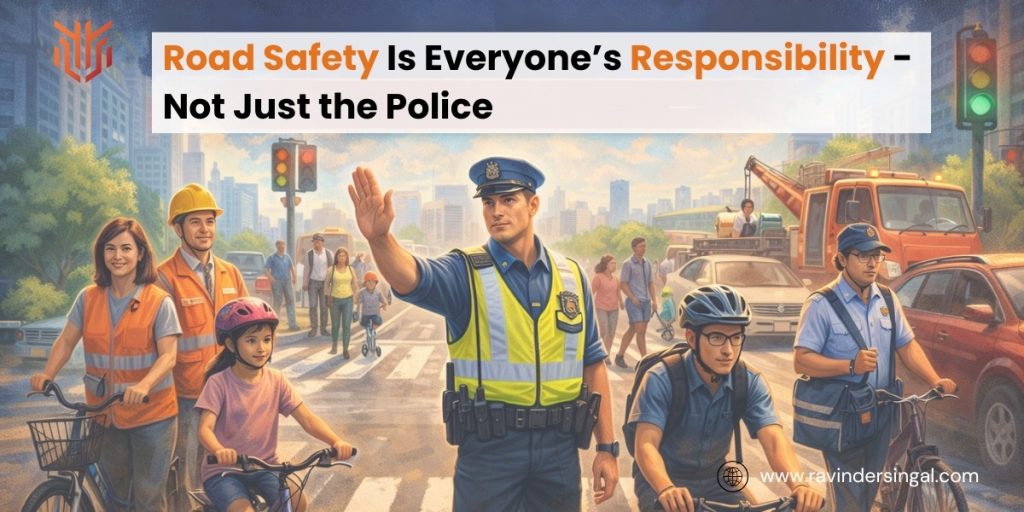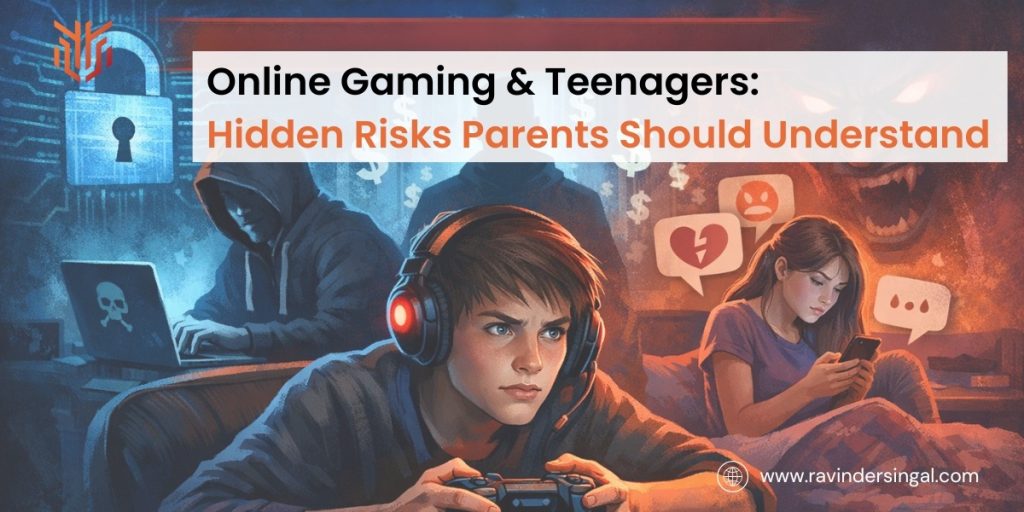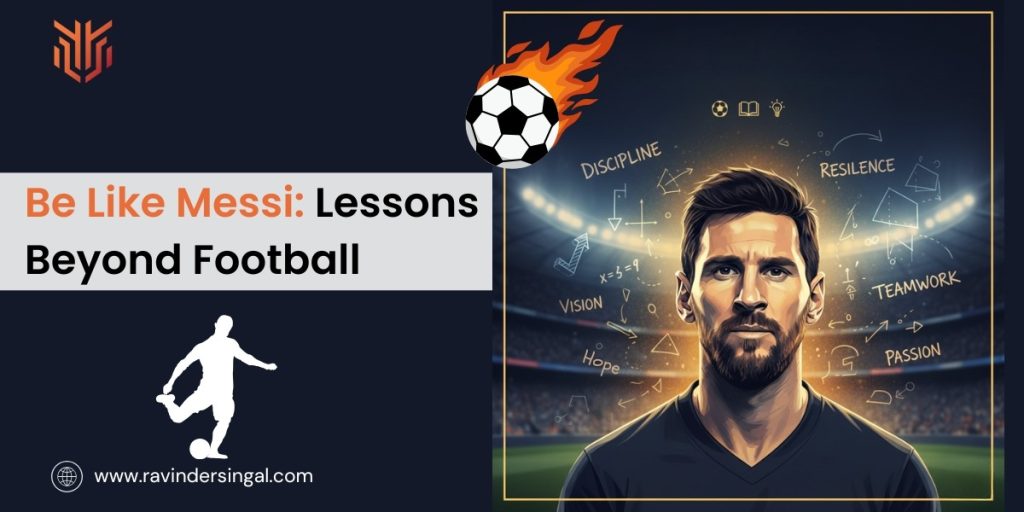Breaking the Silence: A Police Officer’s Perspective on Suicide Prevention
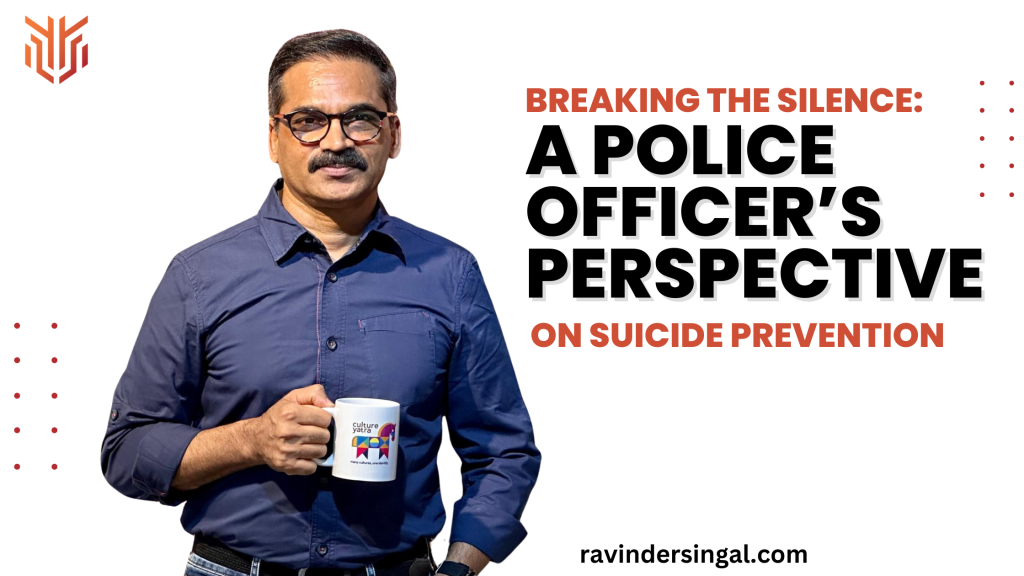
Suicide Prevention Week: A Call to Action
As we observe Suicide Prevention Week from the 10th to the 17th of September, it’s a sobering reminder that India unfortunately has one of the highest suicide rates in the world. Statistics show that 22 out of every 100,000 people commit suicide each day—one every hour. These are not just numbers; they represent lives lost to despair, pain, and often, a lack of timely intervention.
Could This Have Been Prevented?
In my role as a police officer, my colleagues and I are often the first responders to suicide attempts or tragic completions. We are not just witnesses to the aftermath but often left grappling with a single question: Could this have been prevented?
Myths and Misconceptions
When we examine who is committing suicide, we often hear stereotypes about “weakness.” But this couldn’t be further from the truth. Around 70-80% of those who contemplate suicide plan it over time, reconsidering their decision many times before taking action. Recently, however, there has been an alarming rise in impulsive suicides, a phenomenon that has become more prominent over the last two to three years.
Recognizing the Warning Signs
It is critical to understand that, in many cases, the signs are visible before a suicide occurs, but they are either ignored or not recognized. Symptoms of someone in distress may include withdrawing from social circles, becoming irritable over small issues, abusing drugs or alcohol, or experiencing a constant fear of impending doom. Yet, society tends to overlook these signs, or worse, stigmatizes those who show them.
The Causes of Suicide
When we look at the causes of suicide, it’s clear that they are multifaceted. Illnesses, addiction, marital issues, psychological challenges, and substance abuse are among the many contributing factors. But at its core, suicide is often the result of untreated mental health issues.
Dispelling Myths About Treatment
There’s a common misconception that psychiatrists only prescribe pills that make people sleep, and that there’s no medicine for stress or anxiety. This myth must be dispelled. Mental health treatment is not about sedation; it’s about healing. Just as important is breaking the stigma around suicidal thoughts. We need to create a safe space where people can speak openly about their struggles, without fear of judgment.
Building Resilience in Children
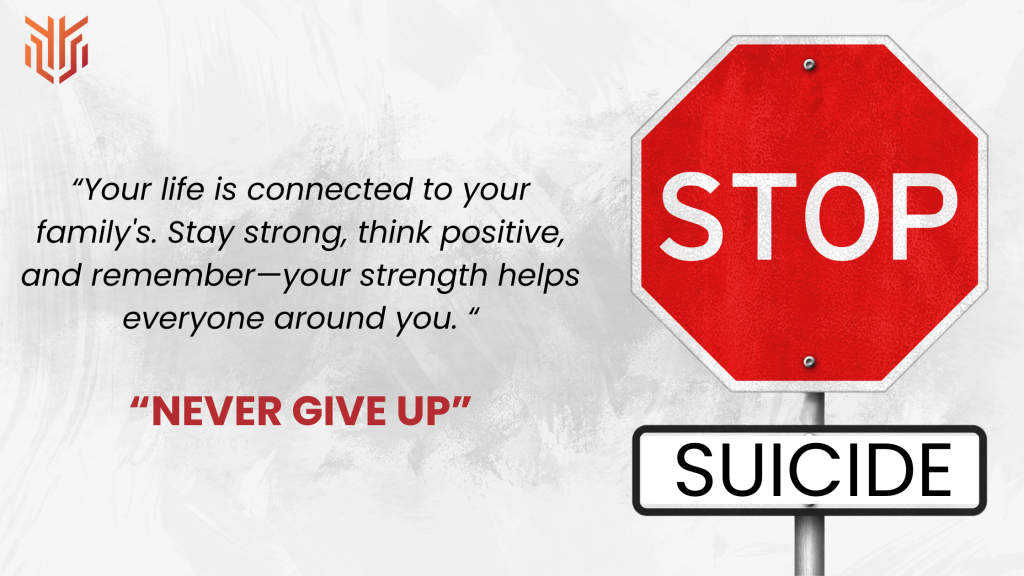
As a society, we must ask ourselves: Are we preparing our children to handle life’s defeats? In my experience, we are often focused on telling children to top the class, to achieve the highest grades, or to constantly strive for success. But we seldom teach them how to cope with failure. One of the best ways to teach resilience is through sports.
Encouraging Open Conversations and Seeking Help
For those battling thoughts of suicide, there are NGOs and other agencies working tirelessly to provide assistance. These resources are available to anyone in need, and we must encourage people to seek help without hesitation. Healthy, open discussions on mental health and suicide prevention are essential to tackling this issue as a society.
The Role of Police Officers in Crisis Intervention
To my fellow officers, I want to stress the importance of handling such cases with care and empathy. We are often the first point of contact when someone is in crisis, but it’s vital to remember that we are not mental health professionals. In such cases, we should immediately involve trained experts who are equipped to manage these situations.
Prioritizing Mental Health Within the Force
Just as importantly, we must ensure that our own police staff remains mentally and physically healthy. Law enforcement is a high-stress profession, and we must create an environment where our team members can engage in extracurricular activities, seek help when needed, and avoid destructive habits like alcoholism or drug abuse.
Conclusion: Suicide Prevention is a Collective Responsibility
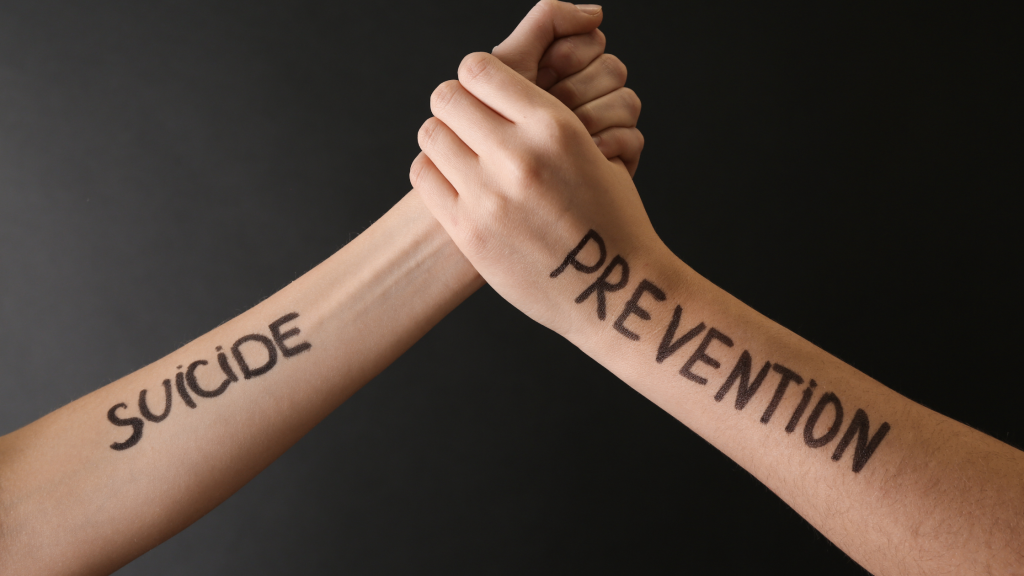
In conclusion, suicide prevention is a collective responsibility. We must work together—professionals, families, friends, and society at large—to break the stigma surrounding mental health, foster open discussions, and ensure that help is available to those who need it most.
As the American writer David Foster Wallace once said,
“The so-called ‘psychotically depressed’ person who tries to kill herself doesn’t do so out of quote ‘hopelessness’ or any abstract conviction that life’s assets and debts do not square. And surely not because death seems suddenly appealing. The person in whom Its invisible agony reaches a certain unendurable level will kill herself the same way a trapped person will eventually jump from the window of a burning high-rise.”
We must recognize the fire in time to save the trapped.
Let’s Stand Together in the Fight Against Suicide
Let’s work together to make sure that no one feels alone in their darkest hour. By supporting one another and fostering a culture of openness, we can help prevent suicides and ensure that every individual facing a mental health crisis knows that help is available and that they are never alone.
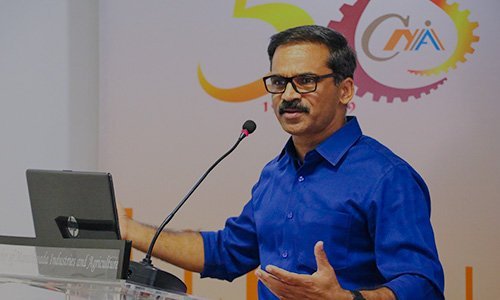
Quitters Don’t Win and Winners Don’t Quit.
Ironman | Deccan Cliffhanger | Comrade Legend Finisher | Motivational Speaker | Writer | Endurance Athlete



